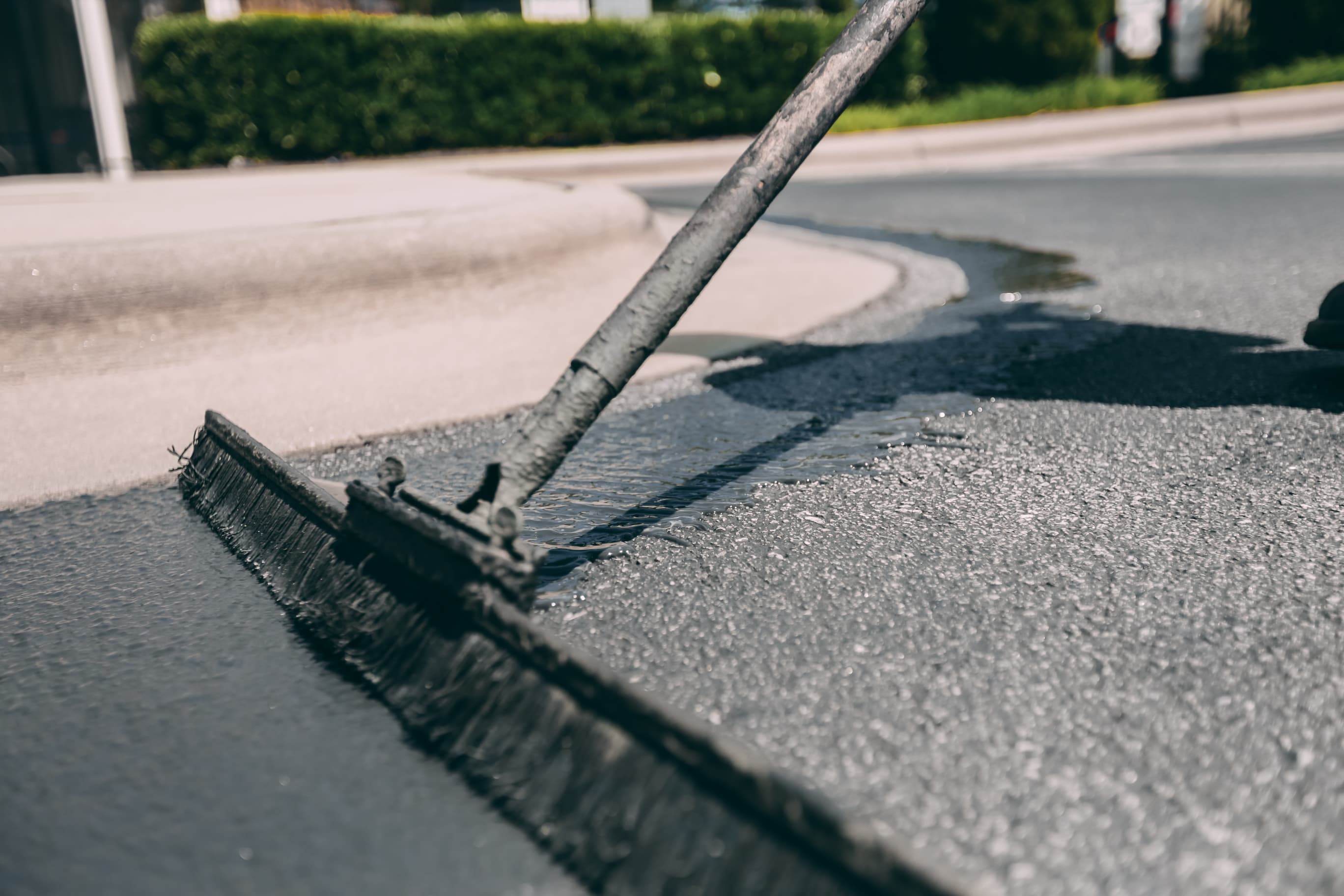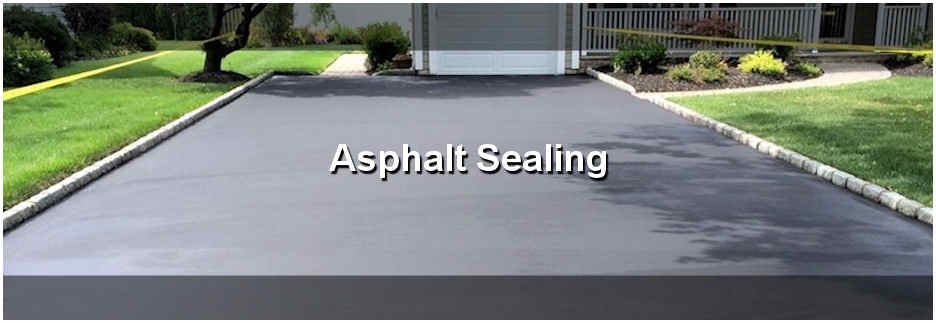Secure Surfaces with Specialist Asphalt Sealing: Cold Mix Essentials
Secure Surfaces with Specialist Asphalt Sealing: Cold Mix Essentials
Blog Article
Cold Mix Asphalt Vs. Hot Mix Asphalt: Which Is Right for You?

Make-up Differences
Cold mix and warm mix asphalts vary substantially in their make-up, with unique characteristics that affect their efficiency and applications. Cold mix asphalt is generated by emulsifying the asphalt binder with water and an emulsifying agent before blending it with accumulation. This method permits the asphalt to be practical at reduced temperatures, making it suitable for temporary repairs and for use in chillier weather. Hot mix asphalt, on the other hand, is made at heats, generally between 300-350 ° F, which assists to attain far better compaction and a more resilient end product. The warm mix asphalt manufacturing procedure includes heating up the accumulation and asphalt binder independently prior to incorporating them at the asphalt plant.
Furthermore, cold mix asphalt tends to be less dense and more flexible than warm mix asphalt. This adaptability makes it far better matched for locations with higher levels of movement, such as driveways or roadways with hefty website traffic. In comparison, hot mix asphalt is recognized for its high longevity and resistance to rutting and cracking, making it a preferred selection for freeways and high-traffic roadways where longevity is vital.
Setup Process Differences
The process of setting up cool mix and hot mix asphalt shows remarkable variations in their demands and procedures. In comparison, hot mix asphalt necessitates a more fancy installment process. Due to the heating demands, hot mix asphalt installments are usually lugged out by specialists with customized tools, guaranteeing a much more irreversible and structurally audio result.
Toughness and Longevity Elements
When considering asphalt alternatives, toughness and durability are vital aspects to assess for lasting sidewalk performance. Warm mix asphalt (HMA) is understood for its remarkable sturdiness and durability.
In regards to longevity, HMA typically outperforms CMA as a result of its exceptional toughness and resistance residential or commercial properties. HMA sidewalks have a longer life span, requiring much less frequent repair services and maintenance, which can convert to cost financial savings in the future. In addition, HMA pavements are extra easily personalized to meet details project needs, further boosting their resilience.
Price Considerations
Taking into consideration the financial ramifications is a crucial element when evaluating the option in between hot mix asphalt (HMA) and chilly mix asphalt (CMA) for sidewalk tasks. While the preliminary price of warm mix asphalt is usually greater than that of cold mix asphalt, HMA commonly gives a more cost-efficient solution in the future as a result of its superior sturdiness and durability. HMA is recognized for its ability to endure rush hour loads and severe weather, More Bonuses lowering the need for regular repair services and maintenance. On the various other hand, chilly mix asphalt is extra budget-friendly ahead of time however might require more regular patching and resurfacing, causing greater upkeep prices with time.
In enhancement to product expenses, it's vital to think about the costs connected with installment and upkeep when comparing HMA and CMA. HMA usually requires specialized equipment and skilled labor for correct installment, which can affect overall task expenses. Conversely, CMA is easier to function with and can usually be used utilizing simpler strategies, potentially lowering installment expenditures. Ultimately, the choice in between HMA and CMA should take right into account not just the initial expense but additionally the long-lasting financial ramifications to identify one of the most economical option for the specific sidewalk project.
Environmental Influence Comparison
Contrast of the environmental influences between warm mix asphalt (HMA) and cool mix asphalt (CMA) exposes distinctive differences in sustainability techniques. HMA production needs heats, resulting in raised energy intake and greenhouse gas discharges. The procedure additionally launches volatile natural compounds (VOCs) and dangerous air pollutants (HAPs) into the ambience. In comparison, CMA is produced and applied at reduced temperature levels, reducing power use and exhausts significantly. The lower production temperatures of CMA lead to lowered gas intake and reduced degrees of carbon dioxide exhausts, making it a more environmentally friendly option.
Furthermore, the usage of CMA commonly includes recycling existing asphalt sidewalk, promoting source preservation and minimizing the quantity of waste sent to landfills. By deciding for CMA over HMA, road construction tasks can contribute favorably to environmental conservation initiatives.
Conclusion
Finally, the choice between cool mix asphalt (CMA) and hot mix asphalt (HMA) depends upon various aspects such as composition, setup procedure, durability, long life, price, and environmental effect. cold mix asphalt. While CMA uses great post to read a quick and affordable option for small repair services, HMA makes certain exceptional toughness and longevity for rush hour areas. Take into consideration these elements very carefully to determine which type of asphalt is the ideal selection for your paving needs

Taking into consideration the financial implications is a critical aspect when evaluating the option in between hot mix asphalt (HMA) and cold mix asphalt (CMA) for sidewalk tasks. While the initial expense of warm mix asphalt is usually greater than that of cold mix asphalt, HMA typically gives a much more affordable remedy in the long run due to its exceptional longevity and longevity. angle parking.Contrast of the my response ecological influences between hot mix asphalt (HMA) and chilly mix asphalt (CMA) exposes unique distinctions in sustainability techniques.In conclusion, the choice between chilly mix asphalt (CMA) and hot mix asphalt (HMA) depends on numerous variables such as make-up, installation process, resilience, durability, expense, and ecological effect
Report this page